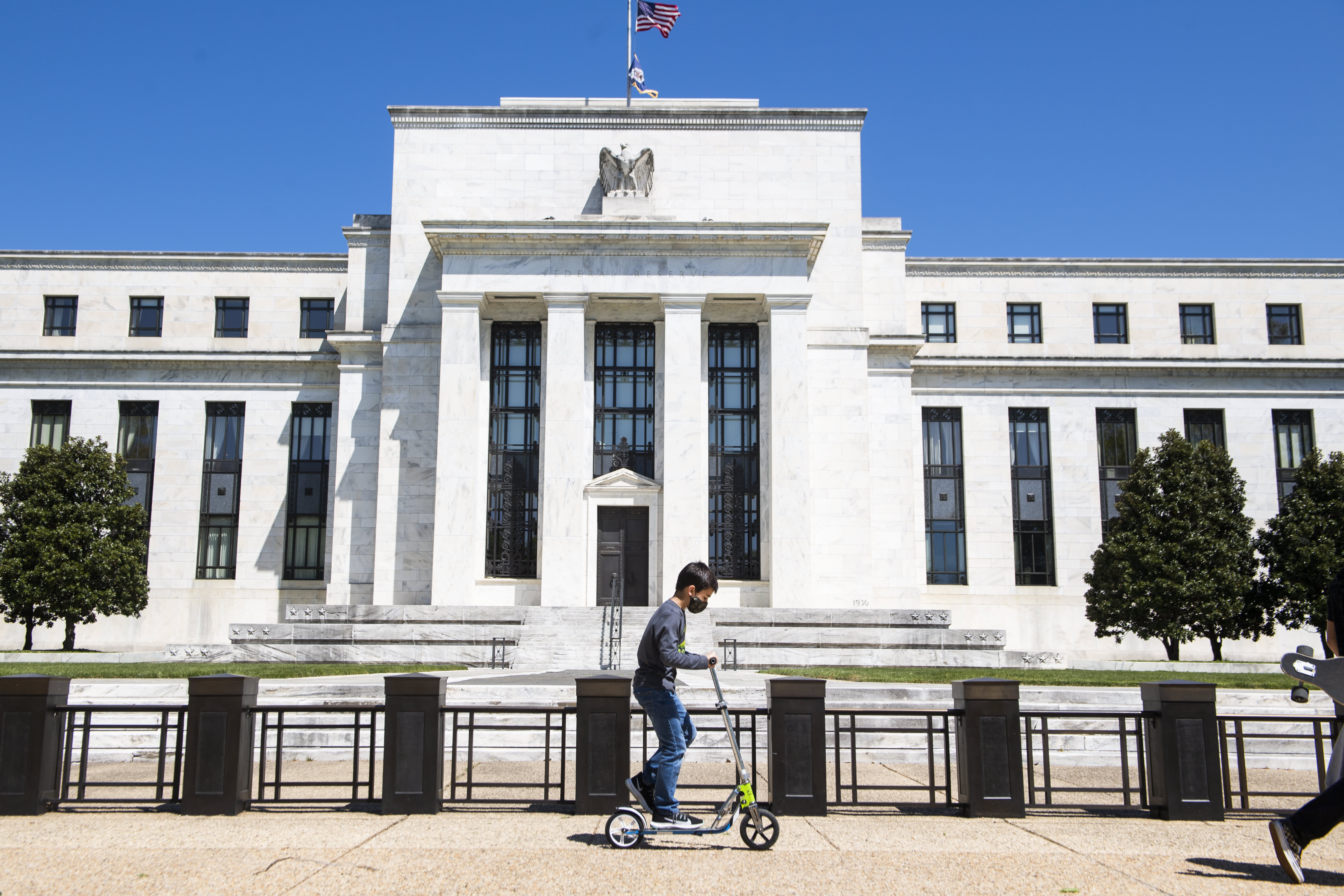Friday will be an active day on Wall Street with a major index overhaul and options expiration
A regular monthly options expiration plus an unusual index revamp could increase volatility on Friday.

Traders work on the floor of the New York Stock Exchange (NYSE) in New York City, U.S., July 12, 2023.
Brendan McDermid | Reuters
Two structural shifts for Wall Street on Friday could cause a spike in stock market volatility on the final trading day of the week.
One notable event is the expiration of thousands of options contracts on stocks, indexes and exchange-traded funds. While trading volumes have been light in July, options exposure is still strong relative to past summers, according to Goldman Sachs.
"We estimate that this Friday will be the largest July-options-expiration on record driven by continued growth in index and ETF options volumes. We estimate that over $2.3 trillion of notional options exposure will expire this Friday including $500 billion notional of single stock options," John Marshall, head of derivatives research at Goldman, said in a note to clients Thursday.
With the options set to expire, trading volumes typically jump as investors execute the contracts to collect their profits, or roll them over to the next month.
The other major change is a special rebalance of the Nasdaq 100 Index, which takes effect at the start of trading on Monday.
A rally in the largest Big Tech stocks this year, such as Microsoft and Nvidia, has caused concern that the stock market is too concentrated in just a handful of names. The Nasdaq 100 rebalance will dilute the impact of the largest stocks in the index.
While Nasdaq has not publicly released the changes, a note from Goldman Sachs earlier this week said that Nvidia and Microsoft would see the biggest downward change to their weightings, while Broadcom would get the largest boost.
The changes could force index funds and other investment products benchmarked to the Nasdaq 100 to adjust their holdings. The Invesco QQQ Trust (QQQ), which tracks the Nasdaq 100, manages more than $200 billion in assets.
— CNBC's Michael Bloom contributed to this report.

 JimMin
JimMin 
































